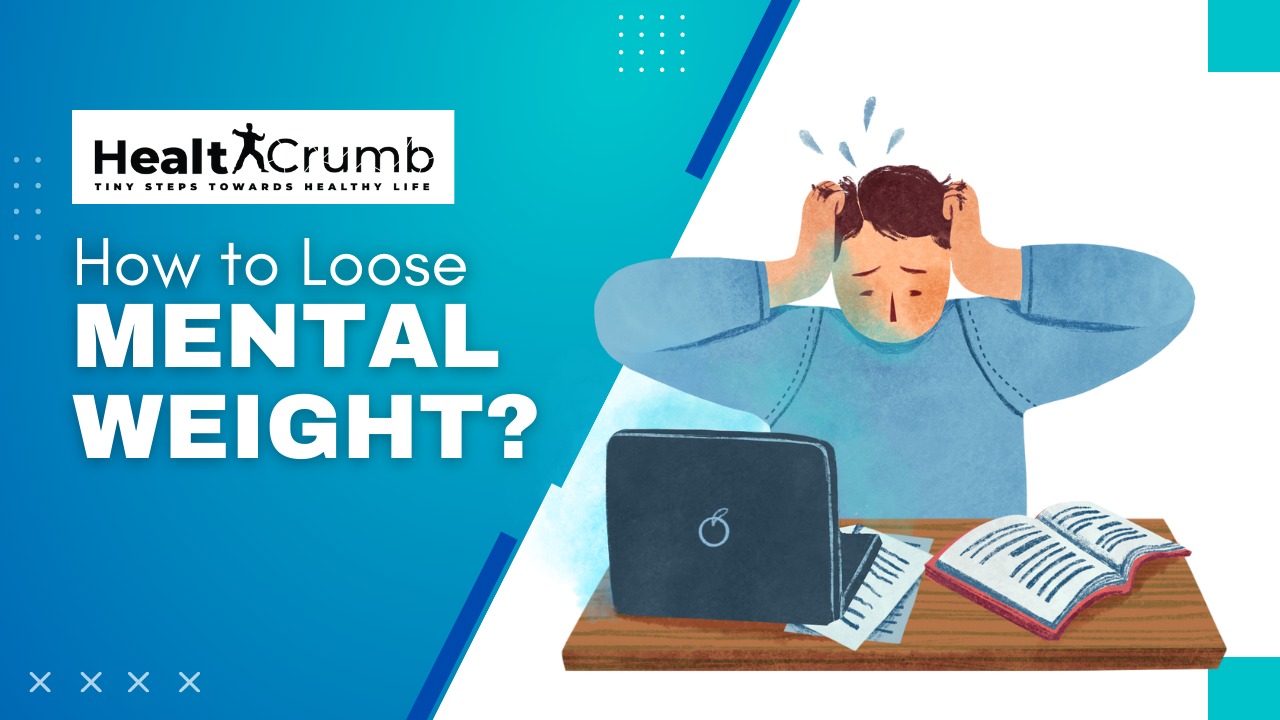Feeling tired and running on low energy levels are common these days. It restricts you from completing your daily activities. Many lifestyle and medical factors cause low energy. Some of them are unique for men and are more common in men than women. There are some possible reasons behind constant fatigue. Before knowing them, let’s identify first what are low-energy symptoms.
Symptoms of Low Energy Levels
The main symptom of low energy and fatigue is exhaustion from physical or mental activity. A person does not feel refreshed after sleeping or resting. It might be hard for them to carry out their daily activities including household chores, work, and caring for others.
Low energy levels causes a vast range of other mental, physical, and emotional symptoms, including
- Headache
- Dizziness
- Muscle weakness
- Sore or aching muscles
- Slowed reflexes and responses
- Moodiness
- Blurry vision
- Chronic sleepiness or tiredness
- Impaired decision-making and judgment
- Appetite loss
- Short-term memory loss
- Poor concentration
- Impaired hand-to-eye coordination
- Hallucinations
- Reduced ability to pay attention to the situation
Reasons of Low Energy Levels
#1 Consuming More Caffeine
Although caffeinated beverages like energy drinks and coffee give you a temporary boost of energy, over-reliance on them can make you feel more tired the other day. That’s because excess caffeine harms sleep and causes low energy and fatigue. Feeling tired in the morning leads people to consume large amounts of caffeine which impairs their sleep cycle. In turn, you may overuse caffeinated drinks or coffee for energy, which continues the cycle of poor sleep.
Drinking too much caffeine is linked to increased nighttime awakenings, decreased total sleep time, daytime sleepiness, and increased nighttime worrying. Those who don’t drink coffee and energy drinks get better sleep quality. Caffeine has a detrimental impact on adrenal glands that worsens possible adrenal fatigue and causes low energy levels in females. While coffee and caffeinated beverages like green tea benefits health when consumed in moderation, energy drinks are high in sugar and stimulants. Thus, you should avoid them whenever possible. If you wonder how to increase energy levels and are currently experiencing sleep issues, try cutting back on caffeinated beverages to see whether it helps in improving your sleep and energy levels.
#2 Low Testosterone
Testosterone is the primary male sex hormone. It plays an essential role in physical and mental energy levels. As men age, the amount of testosterone their body produces naturally declines. Low testosterone levels, also known as male hypogonadism, cause low energy levels in males. Male hypogonadism becomes common as they get older. Testosterone works hard in the body and maintains everything – bone density, muscle mass, sex drive, and beyond. A significant drop in testosterone levels can result in a reduced sex drive, decreased motivation, increased body fat, and sleep problems like insomnia. These symptoms add up to chronic low energy levels in males, and mental and physical fatigue. Therapy is available to supplement testosterone. If you suffer from it, blood tests are necessary to see. A discussion with your doctor is important to understand the causes of low testosterone-related symptoms and the appropriate treatments and potential side effects.
#3 Improper Diet
Your diet affects the way you feel. To maintain energy and get the nutrients your body needs to perform critical processes, it’s essential to consume a balanced diet with high nutrient-dense foods. Eating ultra-processed foods low in essential nutrients can lead to calorie and nutrient deficiencies, which causes exhaustion. When you don’t obtain enough calories and nutrients like protein, your body starts breaking down muscle and fat to meet energy demands. This leads to loss of muscle mass and body fat, which may cause low energy and fatigue. Older adults tend to be at risk of malnutrition and nutrient deficiencies due to factors such as age-related changes in appetite and reductions in physical activity.
Following a diet low in ultra-processed food and added sugar but rich in nutrient-dense foods like veggies, fruits, legumes, and protein sources like eggs and fish help reduce fatigue and support quality sleep while providing your body with optimal nutrition.
#4 Nutrient Deficiencies
Nutrient deficiencies lead to feeling exhausted daily, even if you’re getting enough sleep. Deficiencies in nutrients such as vitamin B2, B3, B5, B6, B9, B12, vitamin D, vitamin C, and magnesium causes low energy and fatigue. Anemia affects 25% of the world’s population. Iron deficiency anemia is the most common type, responsible for 50% of all anemia.
Fatigue is the most common symptom of this condition, but it improves once iron stores are restored. People with age 60 or over have vitamin B12 deficiency. This deficiency is common in older adults as the body’s ability to absorb B12 declines with age. B12 is critical for energy production and oxygen delivery, so low levels can cause extreme fatigue. Vitamin D deficiency causes bone pain and fatigue that lead to health risks including depression and osteoporosis. As these deficiencies are common, it’s important to have your levels tested if you experience low energy and fatigue.
#5 Inadequate Hydration
To maintain energy levels, staying well hydrated is essential. Many biochemical reactions that take place in your body every day result in a water loss that needs to be replaced. Dehydration occurs when you don’t drink enough liquid to replace the water lost in your stools, sweat, breath, and urine. Being dehydrated leads to low energy levels and decreased ability to concentrate. In fact, it affects your entire body, including your sleep cycles. Being dehydrated can also make you feel more fatigued during exercise and negatively impact exercise endurance. Although you may have heard that you should drink 8 glasses of water daily, hydration depends on several factors, including your age, weight, sex, and activity levels. The key is to drink enough water to maintain good hydration. Common symptoms of dehydration include thirst, headache, dizziness, and fatigue.
How to Increase Energy Levels?
If you are dealing with any of the symptoms mentioned above, you might be wondering how you can deal with it or how you can increase your energy levels. And you are not alone in feeling it, most of us are familiar with worn out and weary at the end of the day. Fortunately, there are plenty of health actions you can take to increase your energy levels, and reduce fatigue. In fact, making a few small changes to your daily changes can affect how energetic you feel, along with other aspects of your health.
Here are some strategies you can implement to increase your energy levels.
-
Get more sleep
If you often feel tired throughout the day, you will need more quality sleep. Try going to bed earlier and avoid screen time 1 hour before going to bed.
-
Reduce Stress
High levels of stress make a person feel drained and tired. Finding ways to minimize lifestyle-related stress can help increase your energy levels.
-
Do exercises
If you live a sedentary lifestyle and feel low energy and fatigue, participate in regular exercises like running, walking, or cycling.
-
Quit smoking
That’s another reason for low energy levels in males. If you smoke, consider quitting it. Smoking reduces the efficiency of your lungs and makes you feel tired. Quitting smoking is great for your energy levels and overall health.
-
Limit Alcohol
Alcohol can make a person feel drowsy, but it can also interfere with your sleep quality. If you drink regularly, limit the amount of alcohol you consume to boost your energy levels.
-
Eat Nutritious Diet
Following a healthy diet will benefit both your energy levels and health. Eating daily and ensuring that you’re eating enough can help reduce low energy levels.
-
Limit Added Sugar
Eating foods high in sugar leads to chronic diseases, including type 2 diabetes, obesity, and heart diseases. Minimize your intake and focus on eating whole foods instead.
-
Stay Hydrated
Dehydration makes a person feel tired. Make a conscious effort to drink enough water throughout the day and respond to your thrust, especially during exercise and if you’re older.
-
Connect with People
Getting out of the house and mingling with other people is beneficial to boost your energy levels. Try organizing social activities with your friends, volunteering, or start a new activity by joining a class or club.
Final Words
Even though everyone has days when they feel exhausted, constantly feeling tired and running down isn’t normal. Many factors cause chronic fatigue, such as nutrient deficiencies, medical conditions, caffeine intake, sleep disturbances, and chronic stress. If you’re experiencing unexplained low energy and fatigue, it’s important to speak with your doctor to find its cause.
In most cases, your fatigue improves and your energy levels increase once you identify the underlying cause and make appropriate lifestyle and dietary adjustments – or get the proper treatment for medical conditions. Many people feel tired and lack the energy needed to function at their best during the day.
If you feel tired, it’s worth taking a look at your lifestyle to see what healthy changes are required to make to increase your energy levels and help you feel your best.



